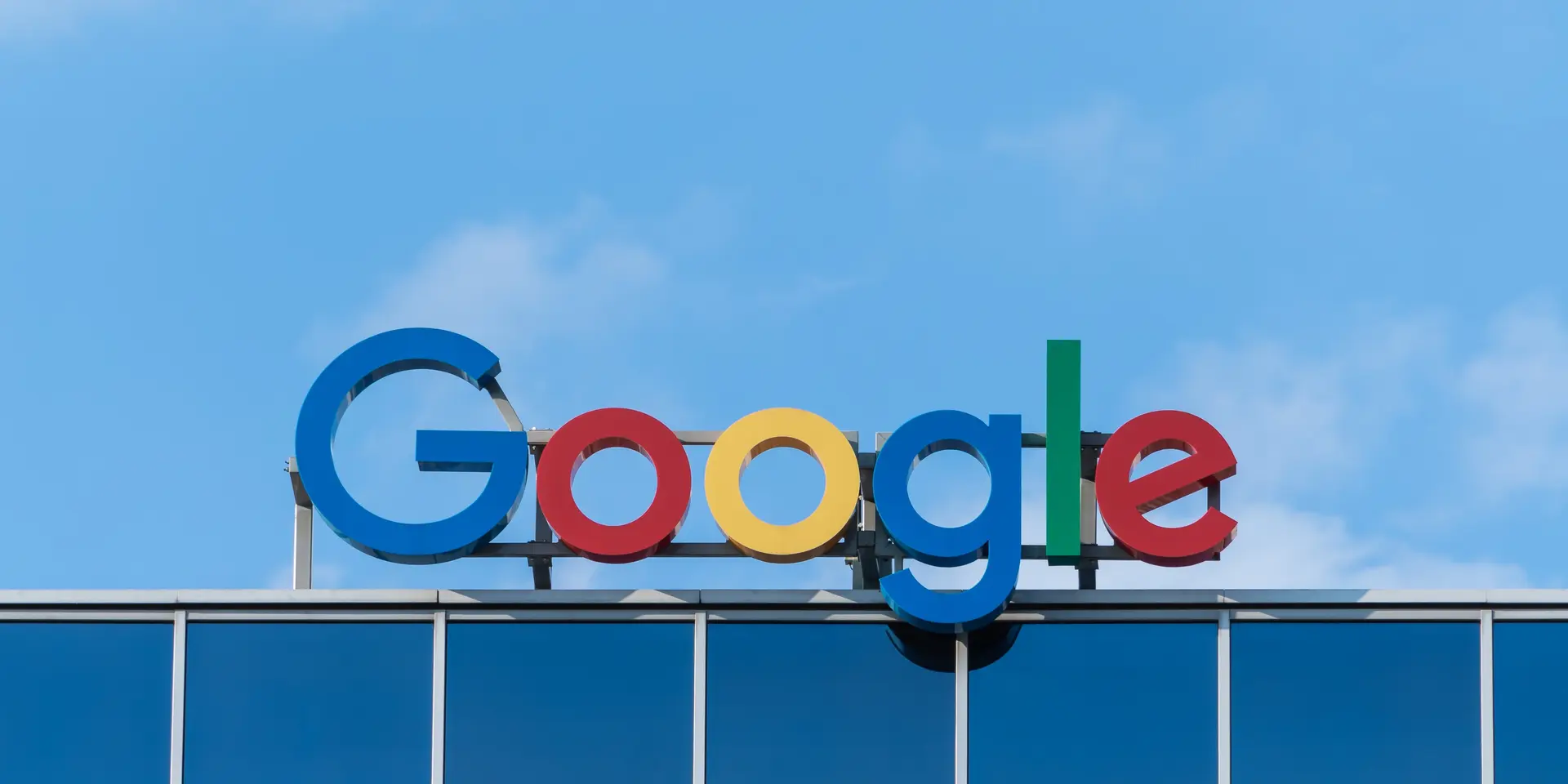Google withdraws plea against CCI probe into anti-competitive billing system
The Alliance of Digital India Foundation (ADIF) has contended that Google's new "User Choice Billing" policy, effective from April 26, charging a service fee of 11% or 26% for third-party processors, is anti-competitive.
Tech giant has withdrawn its appeal against the order of a single judge of the Delhi High Court asking the Competition Commission of India (CCI) to hear applications moved by Indian startups against Google's user choice billing system, as per MoneyControl.
Google had contested a court order directing the CCI to examine a plea against Google's policy charging a service fee of 11% or 26% for third-party processors for in app purchases.
Google challenged this order, arguing that the CCI lacked quorum as it currently has only two members. However, Senior Advocate Poovayya, who was representing Google, highlighted that the CCI now possesses the quorum and has been actively considering the plea submitted by startups.
The Alliance of Digital India Foundation (ADIF) had filed the plea, stating that the CCI had not acted on its objections to Google's new payment policy. The ADIF contended that Google's new "User Choice Billing" policy, effective from April 26, charging a service fee of 11% or 26% for third-party processors, is anti-competitive.
In October, the CCI imposed a penalty on Google and directed it not to restrict app developers from using third-party billing services. The ADIF urged the CCI to invoke the "doctrine of necessity" and address the matter to prevent irreversible harm and market distortion. The doctrine of necessity justifies extraordinary administrative actions taken to restore order or uphold constitutional principles, even if such actions violate established laws or norms.
In May, Google said that its Play payments policy is in compliance with the CCI's October 2022 order as it advanced India implementation.
A two-year antitrust probe by India's watchdog found that Google abused its dominant position in the Android market by limiting competitors and violating competition laws with mandatory pre-installation of apps on devices.








